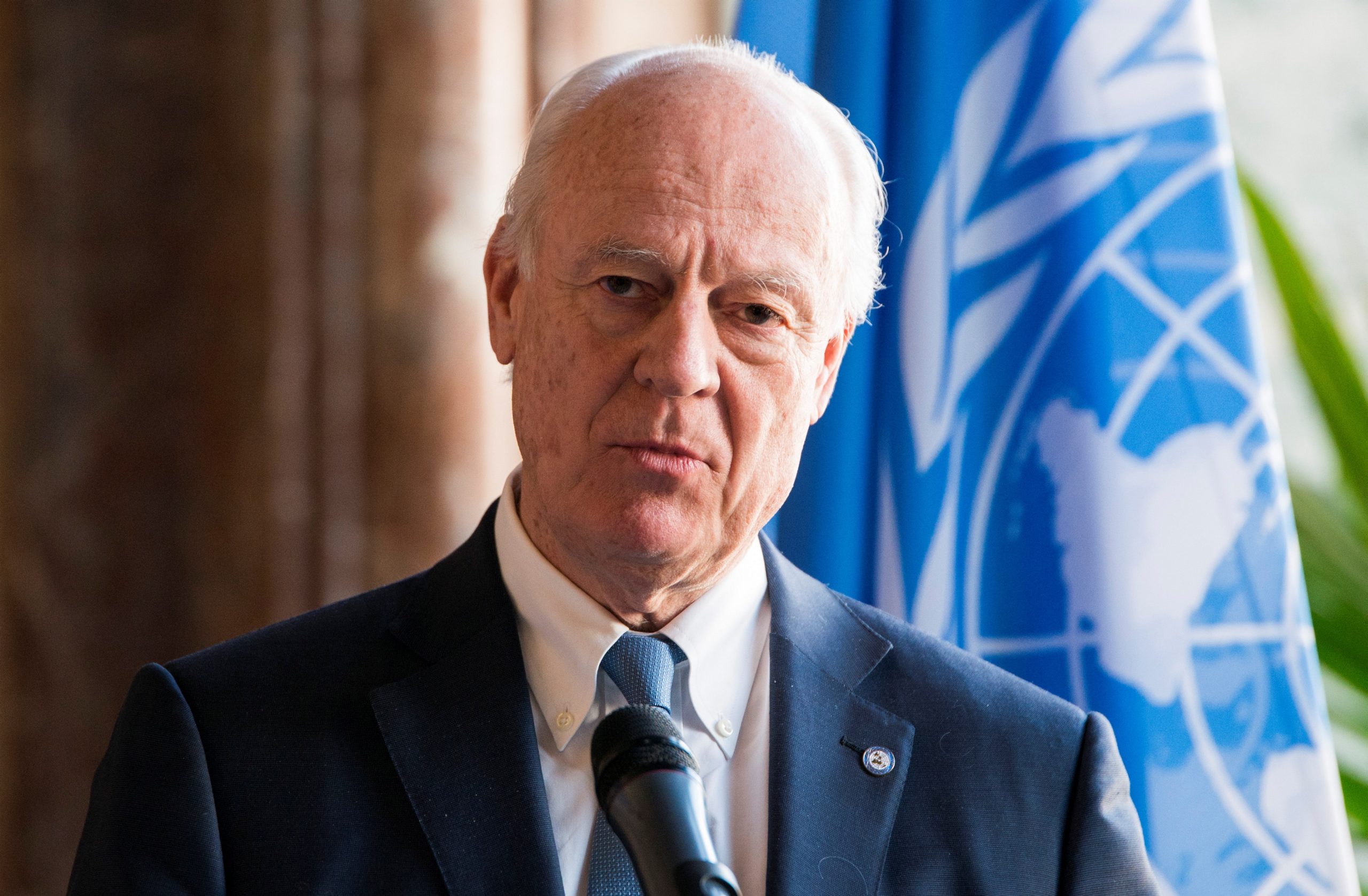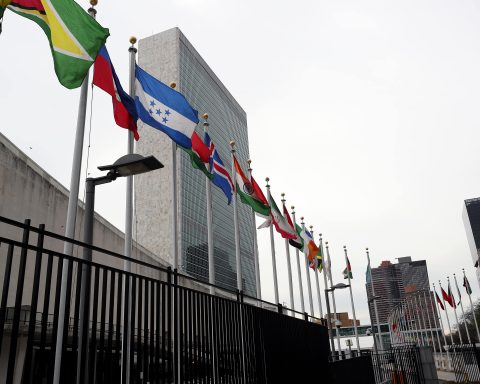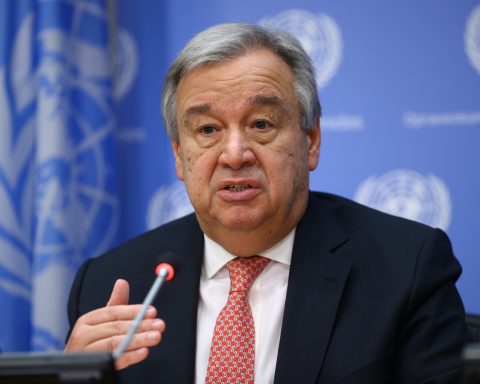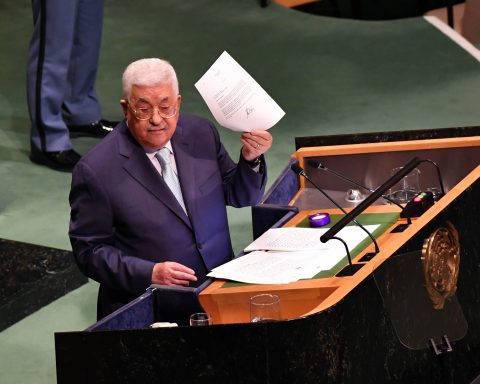The personal envoy of the Secretary-General of the UN, Staffan de Mistura, who went on a regional tour for the Western Sahara issue, ended his visit. He had announced that he would make an official visit to Morocco, Algeria, and Mauritania to listen to the views of the parties in order to seek a solution to the Western Sahara issue.
According to a written statement made by the Moroccan Ministry of Foreign Affairs on January 13, Foreign Minister Nasser Bourita met with Staffan de Mistura in Rabat.
During the meeting, Bourita reiterated Rabat’s willingness to pursue a political process in Western Sahara where the parties came together on the basis of expanded autonomy under Moroccan rule.
Bourita stated that there was no change in his stance on this issue within the framework set by the King of Morocco, Mohammed VI, in his speeches on the occasion of the 45th and 46th anniversary of the “Green March.”
In his two speeches, the King of Morocco announced his country’s view on continuing the political process in which four sides came together under the leadership of the UN for the solution of the Western Sahara issue.
Staffan de Mistura’s visit took him on Saturday, January 15, to the Sahrawi refugee camp in Tindouf, in southwestern Algeria, where he stayed for two days. On the spot, the UN representative met with several leaders of the Polisario Front, including its president Brahim Ghali. The latter expressed their “attachment to the organization of a referendum of self-determination of the Saharawi people” to the personal envoy of the UN body.
Thereafter, Staffan de Mistura was received by the President of Mauritania, Mohamed Ould Ghazouani on 18 January. The meeting, which was also attended by the foreign minister of Mauritania, Ismail Ould Cheikh Ahmed, is the third stage for the UN envoy.
According to a press release from the Algerian Ministry of Foreign Affairs, the UN envoy landed in Algeria on January 19 for the final stage of his journey, where he met with Amar Belani, the special envoy for the problem of the Western Sahara and Maghreb countries, and Ramtane Lamamra, the Algerian Foreign Minister.
Staffan de Mistura presented, during the interview, “the outlines of his mandate aimed at reviving the political process,” which has been at an impasse for several years.
The Algerian official “recalled, for his part, the context of the war in which the mission of the special envoy is taking place following the breaking of the ceasefire since November 13, 2020.”
Amar Belani, moreover, “emphasized Algeria’s position of principle, both on the substantive issue and on aspects related to the format,” the statement said, adding that the Algerian official insisted on the need “to initiate, when the conditions are met, direct negotiations, in good faith and above all without preconditions between the two parties to the conflict, the Kingdom of Morocco and the Polisario Front.”
Algeria also calls for “the reactivation and revitalization of the joint settlement plan of 1991 (UN-OAU), as the only agreement accepted by the two parties to the conflict and endorsed, twice, by the Security Council.”
After Morocco annexed the former Spanish colony of Western Sahara in 1975, the tension that started between the pro-independence Polisario Front, which Algeria supported, and the Rabat administration continues.
Morocco is proposing “extended autonomy” in Western Sahara under its rule, arguing that the region should remain under its sovereignty.
The Polisario Front, on the other hand, asserts that Western Sahara is an independent state and calls for a referendum on self-determination.














